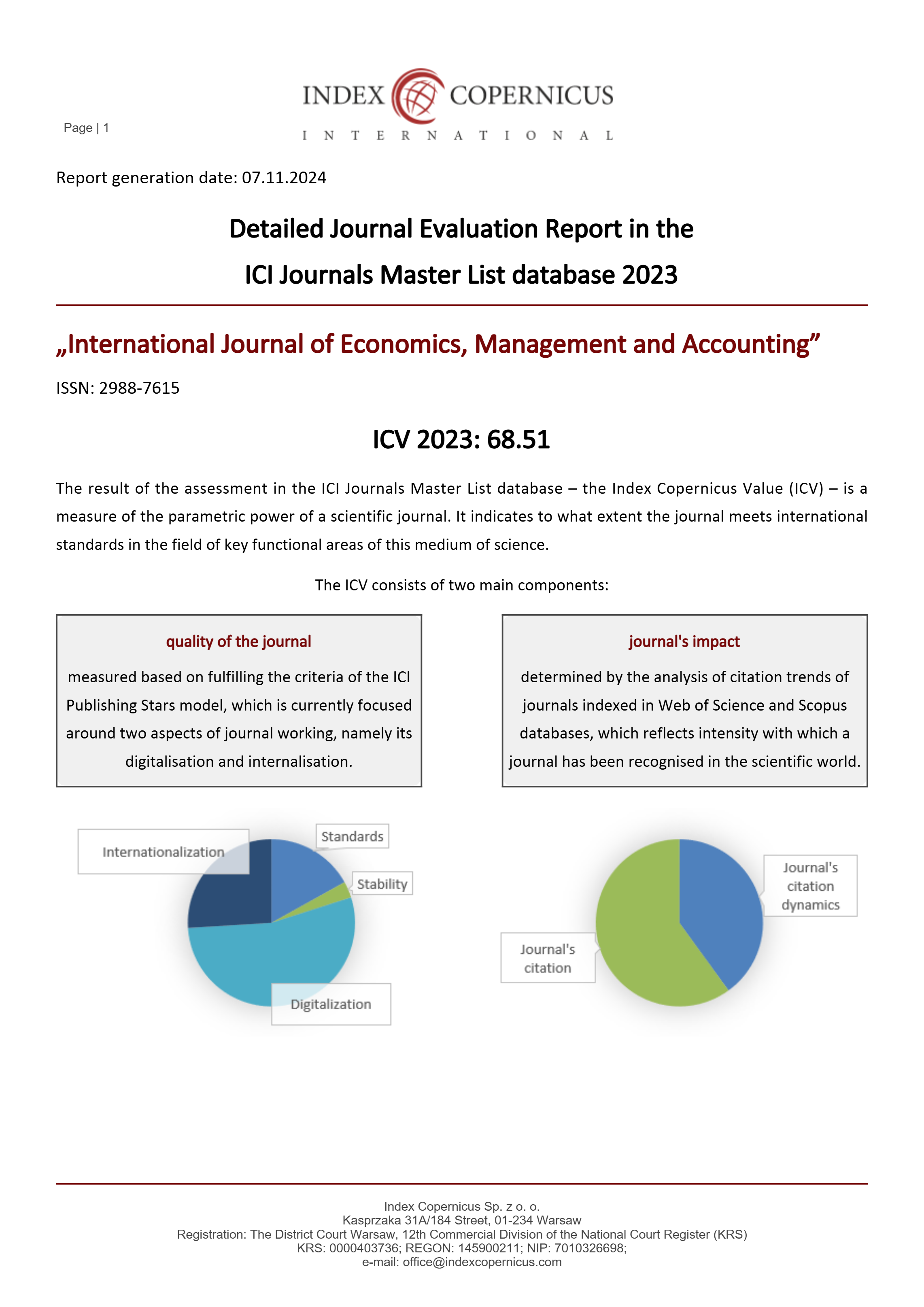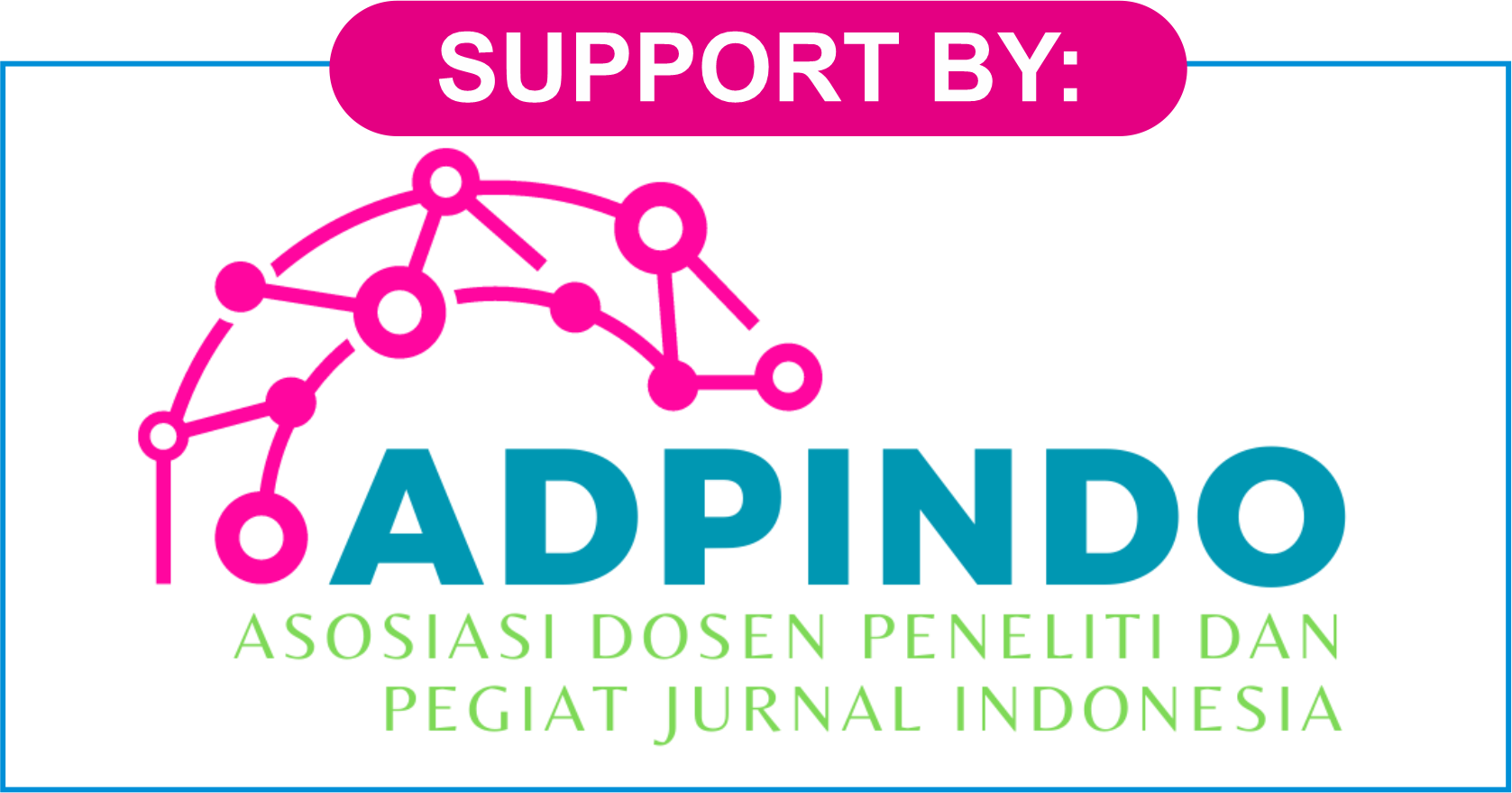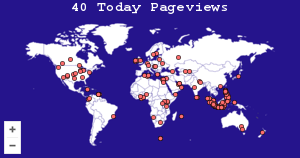The Impact of Public Understanding of Usury on Debt and Receivable Behavior from an Islamic Perspective
DOI:
https://doi.org/10.47353/ijema.v2i3.190Keywords:
Usury (Riba), Debt behavior, Islamic economic ethicsAbstract
Based on the framework of islamic teachings, economic activities carried out by humans to be developed have several rules and ethics or morality in Islamic law. Providing loans will help those in need as is the principle of loans or debts. The discussion about usury can be said to be classic both in the development of Islamic economic thought and in Islamic civilization because it is a complicated problem and often occurs in society. Based on research conducted at the Padamulya Village Taklim Country, Subang Regency, it shows that people who lack understanding about usury will tend to believe that usury is an addition that is too high, such as that made by loan sharks, while additions with small amounts are not usury. This research uses a qualitative research approach where qualitative research as a saientific method is often used and carried out by a group of researchers in the field of social sciences, including educational sciences. The result of the research show that people’s understanding about usury has an influence on debt and receivable behavior in the majelis taklim in padamulya village, subang district with a significantly low understanding value, thus showing a positive value, therefore there is a unidirectional relationship.
Downloads
References
Adiwarman. (2015). Riba, Gharar dam KaidahKaidah Ekonomi Syariah. Jakarta: RajaGrafindo Persada.
Arifin, A. (2024). The Relationship Between Classroom Environment, Teacher Professional Development, and Student Academic Performance in Secondary Education. International Education Trend Issues, 2(2), 151–159.
Arifudin, O. (2023). Pendampingan Meningkatkan Kemampuan Mahasiswa Dalam Submit Jurnal Ilmiah Pada Open Journal System. Jurnal Bakti Tahsinia 1, no. 1: 50–58.
Arifudin, O. (2024). Utilization of Artificial Intelligence in Scientific Writing. Journal of Technology Global 1, no. 2: 131–140.
Fasa, I. (2020). Eksistensi Bisnis Islami Di Era Revolusi Industri 4.0. Bandung : Widina Bhakti Persada.
Paturochman, I. R. (2024). Pluralism And Multiculturalizm Education. International Journal Of Society Reviews, 2(3), 564–573.
Hanafiah, H. (2021). Pelatihan Software Mendeley Dalam Peningkatan Kualitas Artikel Ilmiah Bagi Mahasiswa. Jurnal Karya Abdi Masyarakat, 5(2), 213–220.
Haris, I. (2023). Pengenalan Teknis Penggunaaan Software Turnitin Dan Mendeley Dekstop Untuk Meningkatkan Kualitas Karya Ilmiah Mahasiswa Baru. Journal Of Human And Education (JAHE) 3, no. 2 : 172–178.
Jumiati, E. (2024). Women’s Empowerment, Social Inclusion, And Attitude Change Through A Study Of Sekoper Cinta Model In Cibogo Hilir Village Plered Purwakarta. Community Development Journal: Jurnal Pengabdian Masyarakat, 5(1), 1568–1576.
Kartika, I. (2022). Implementasi Manajemen Mutu Pembelajaran Sebagai Upaya Meningkatkan Mutu Pembelajaran Di Sekolah Dasar. Jurnal Al-Amar: Ekonomi Syariah, Perbankan Syariah, Agama Islam, Manajemen Dan Pendidikan, 3(2), 144–157.
Nasem, N. (2018). Pengaruh Pelatihan dan Motivasi terhadap Produktivitas Kerja Tenaga Kependidikan Stit Rakeyan Santang Karawang. Jurnal Manajemen, Ekonomi Dan Akuntansi, 2(3), 209–218.
Nuary, M. G. (2024). Teacher Strategies In Instilling Nationalist Values In The Millennial Generation In The Technological Era. International Journal of Teaching and Learning, 2(4), 954–966.
Rahayu, Y. N. (2020). Program Linier (Teori Dan Aplikasi). Bandung : Widina Bhakti Persada.
Saepudin, S. (2019). The Effect of Work Ethic on The Professional Competences of University Lecturers at Jakarta of Indonesia. First International Conference on Administration Science (ICAS 2019), 327–332.
Saepudin, S. (2020). Manajemen kompetensi dosen berbasis Islam dalam mewujudkan perguruan tinggi bermutu. Ta’dibuna: Jurnal Pendidikan Islam, 9(1), 089–101.
Saepudin, S. (2021). Improving the Ability to Understand the Quran Reading through the Application of the Mind Map Method during the Covid 19 Pandemic in Al-Qur’an Education Institutions Qurrota A’yun at Kutaraja Village, Maleber District, Kuningan Regency. Budapest International Research and Critics Institute-Journal (BIRCI-Journal), 4(4), 14331–14338.
Sappaile, B. I. (2024). The Role of Artificial Intelligence in the Development of Digital Era Educational Progress. Journal of Artificial Intelligence and Development, 3(1), 1–8.
Shavab, F. A. (2021). Dasar Manajemen & Kewirausahaan (Sebuah Tinjauan Teori Dan Praktis). Bandung: Widina Bhakti Persada.
Sofyan, Y. (2020). Studi Kelayakan Bisnis Telur Asin H-Organik. Jurnal Ecodemica, 4(2), 341–352.
Tanjung, R. (2020). Pengembangan UKM Turubuk Pangsit Makanan Khas Kabupaten Karawang. Jurnal Karya Abdi Masyarakat 4, no. 2: 323–332.
Tanjung, R. (2023). Pendampingan Meningkatkan Kemampuan Mahasiswa Dalam Menulis Jurnal Ilmiah. Jurnal Karya Inovasi Pengabdian Masyarakat (JKIPM), 1(1), 42–52.
Ulfah, U. (2023). Analisis Teori Taksonomi Bloom Pada Pendidikan Di Indonesia. Jurnal Al-Amar: Ekonomi Syariah, Perbankan Syariah, Agama Islam, Manajemen Dan Pendidikan, 4(1), 13–22.
Downloads
Published
How to Cite
Issue
Section
License
Copyright (c) 2024 Nurdin Mulyana, Ridla Mutiah, Agung Apriana

This work is licensed under a Creative Commons Attribution 4.0 International License.











